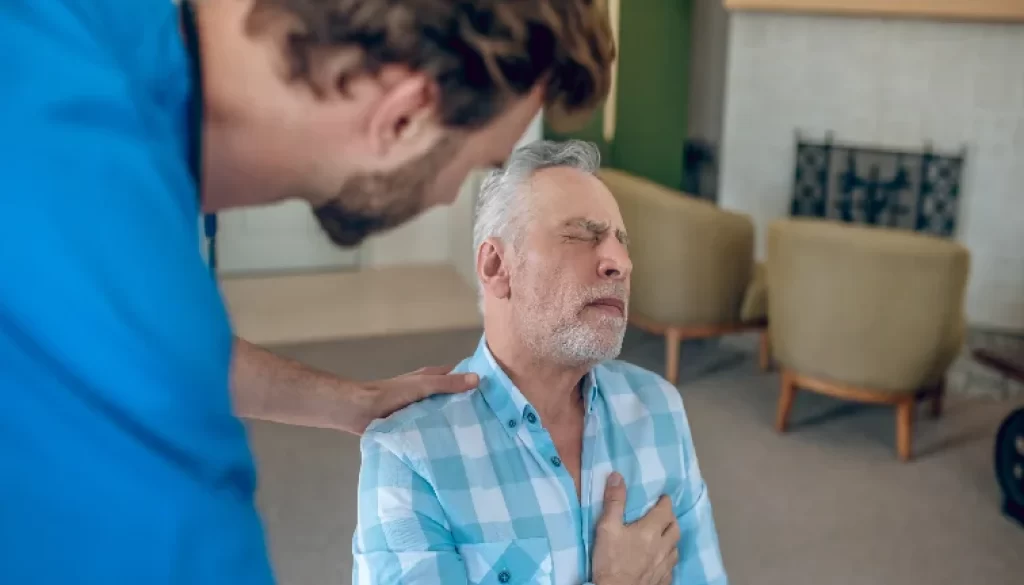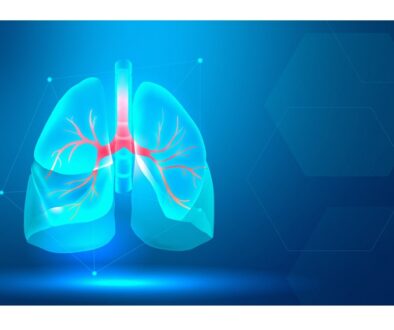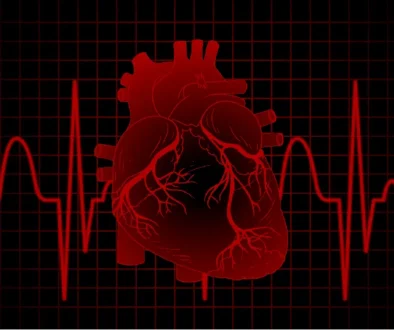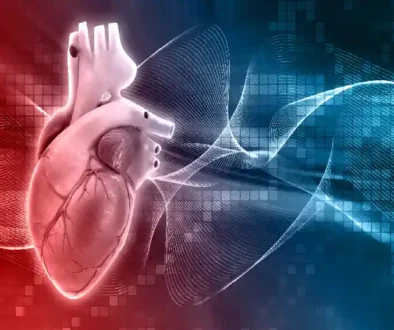Top 10 Signs of Heart Attack
Top 10 signs of heart attack: It is a serious medical emergency that requires immediate attention. Knowing the signs and symptoms of a heart attack can potentially save lives. Let us discuss the top 10 signs of a heart attack that provide valuable information to help you recognize and respond to this life-threatening condition.
Introduction
Heart attacks, also known as myocardial infarctions, occur when blood flow to the heart muscle is blocked, typically by a blood clot. This blockage can lead to damage or death of the heart muscle if not treated promptly. Recognizing the signs of a heart attack is crucial for seeking immediate medical help.
Understanding Heart Attacks
Before diving into the signs, it’s important to have a basic understanding of how heart attacks occur. The heart is a vital organ responsible for pumping oxygenated blood to various parts of the body. When the blood flow to the heart is restricted or completely cut off, a heart attack occurs. This can happen when a coronary artery, which supplies blood to the heart, becomes blocked.
Chest Pain
Chest pain is the most common and widely recognized symptom of a heart attack. The pain is often described as a crushing, squeezing, or pressure-like sensation in the chest. It may radiate to the arms, jaw, neck, or back. Chest pain during a heart attack usually lasts for several minutes and may come and go.
Shortness of Breath
Shortness of breath is another significant sign of a heart attack. It can occur with or without chest pain. If you find yourself struggling to breathe or experience sudden and unexplained shortness of breath, it could be a warning sign of a heart attack.
Fatigue
Unexplained fatigue or extreme exhaustion, especially in women, can be an early sign of a heart attack. If you feel unusually tired or lack energy, pay attention to other symptoms that may accompany it.
Nausea and Vomiting
Nausea and vomiting are symptoms that can occur during a heart attack, particularly in women. These symptoms may be accompanied by other signs like chest pain, shortness of breath, or dizziness.
Sweating
Profuse sweating, often described as cold sweats, can be an indicator of a heart attack. If you suddenly start sweating excessively without any apparent reason, it’s crucial to consider the possibility of a heart attack.
Dizziness
Feeling lightheaded or dizzy during a heart attack is not uncommon. It can occur due to inadequate blood flow to the brain. If you experience dizziness along with other symptoms like chest pain, seek immediate medical attention.
Arm Pain
Pain or discomfort in the left arm is a classic symptom of a heart attack. However, it’s essential to note that right arm pain can also occur during a heart attack. If you experience unexplained pain or a tingling sensation in either arm, it’s advisable to seek medical help.
Jaw and Neck Pain
Jaw and neck pain can be fewer common signs of a heart attack. Some individuals, especially women, may experience pain or discomfort in the jaw, neck, or upper back during a heart attack. If this pain is persistent and unrelated to other causes, it should not be ignored.
Back Pain
Back pain, particularly in the upper back, can be a lesser-known sign of a heart attack. The pain may feel like pressure or discomfort. If you experience unexplained back pain, especially when accompanied by other symptoms, it’s important to consider the possibility of a heart attack.
Conclusion
Recognizing the signs of a heart attack is crucial for prompt medical intervention. If you or someone around you experiences any of the mentioned symptoms, especially chest pain, shortness of breath, or unexplained fatigue, it’s essential to call emergency services immediately. Remember, quick action can potentially save lives.
FAQs
1: Can heart attacks occur without chest pain?
Yes, heart attacks can occur without chest pain. In some cases, individuals may experience symptoms such as shortness of breath, fatigue, nausea, or jaw and arm pain without any noticeable chest pain.
2: Are heart attacks more common in men or women?
Heart attacks can affect both men and women. However, the symptoms experienced during a heart attack can vary between genders. Women may be more likely to experience symptoms other than chest pain, such as shortness of breath, nausea, abdominal pain or back pain.
3: Can young people have heart attacks?
Although heart attacks are more common in older individuals, young people can also have heart attacks. Various factors, including family history, lifestyle choices, and underlying health conditions, can contribute to heart attacks at a younger age.
4: How long do heart attack symptoms last?
The duration of heart attack symptoms can vary from person to person. Some individuals may experience intense symptoms for an extended period, while others may have milder symptoms that come and go. It’s crucial not to ignore any signs of a heart attack and seek immediate medical help.
5: What should I do if I suspect a heart attack?
If you suspect a heart attack, it’s important to act quickly. Call emergency services or your local emergency number immediately. While waiting for medical help, it’s advisable to chew and swallow aspirin (if not allergic) to help thin the blood and reduce the risk of further clotting.




